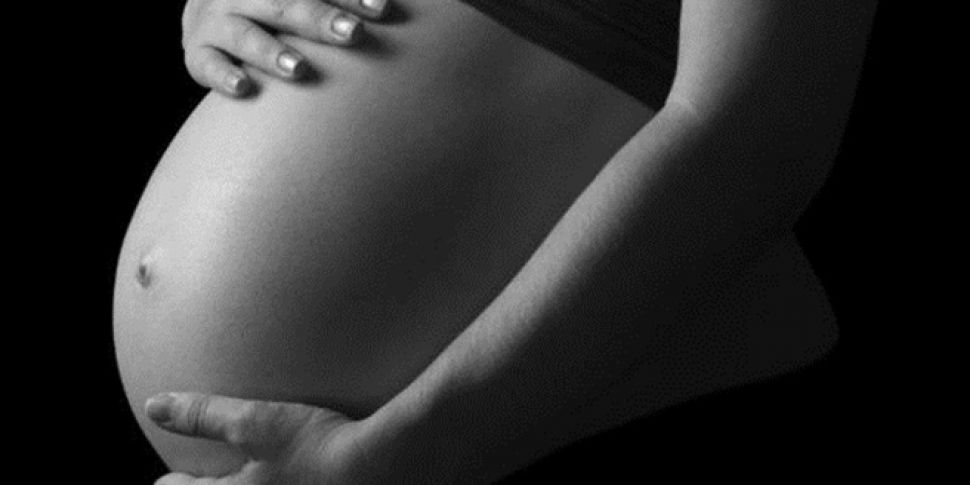A new report on Growing Up in Ireland, says that women who experienced stress during pregnancy, were more likely to smoke.
The study, which looks at the experiences of 11,000 infants and their families, found that being poor or having a low level of education also contributed to a woman's risk of smoking.
Comparisons of the child born in 1999 and 2007 show that the proportion of women smoking at all in pregnancy has fallen from 28% to 17%.
Women with higher levels of income and education were more likely to drink alcohol during pregnancy.
The report also found that compared to women in the UK, women in Growing Up in Ireland were significantly less likely to report drinking during pregnancy, but if they did consume, they were likely to drink more heavily than their UK counterparts.
The survey, which was carried out in 2007, found that of the women questioned, 13% smoked all the way through their pregnancy.
Richard Layte is a Professor of Sociology at Trinity College Dublin, and the author of today's report.
He says some pregnant women use cigarettes to cope with pressures or worries:
The long term effects of smoking have been shown to include behavioural difficulties like hyperactivity.
Children’s Minister James Reilly says parents-to-be need supported to make the right choices for their children, with partners giving up smoking also key to helping women quit during pregnancy and to protect the child from passive smoking.
“Thirteen per cent smoked all the way through pregnancy and we have to look at ways of supporting parents to reduce that and to prevent people from taking up smoking in the first instance.
“It really is parents because the partner continuing to smoke is making it very difficult for the woman to give, and equally there’s passive smoking then happens even if the woman has given up smoking and her partner continues to smoke and that has a negative impact on the child as well,” Mr Reilly said.
Mr Reilly also said more support must be given, and not ‘finger-wagging’, to help pregnant women smoking during pregnancy and to help them “make the right decision for their children.”









